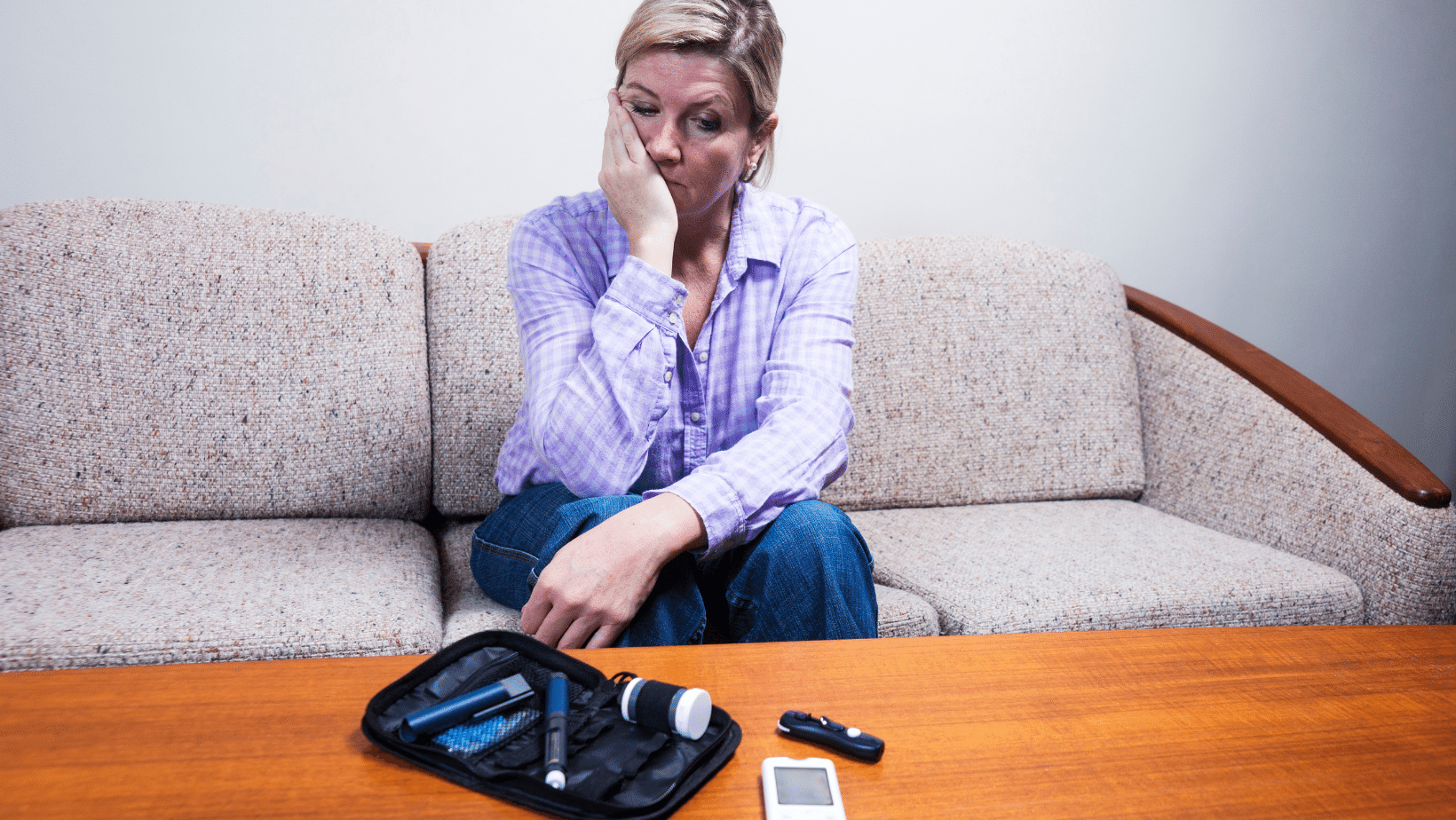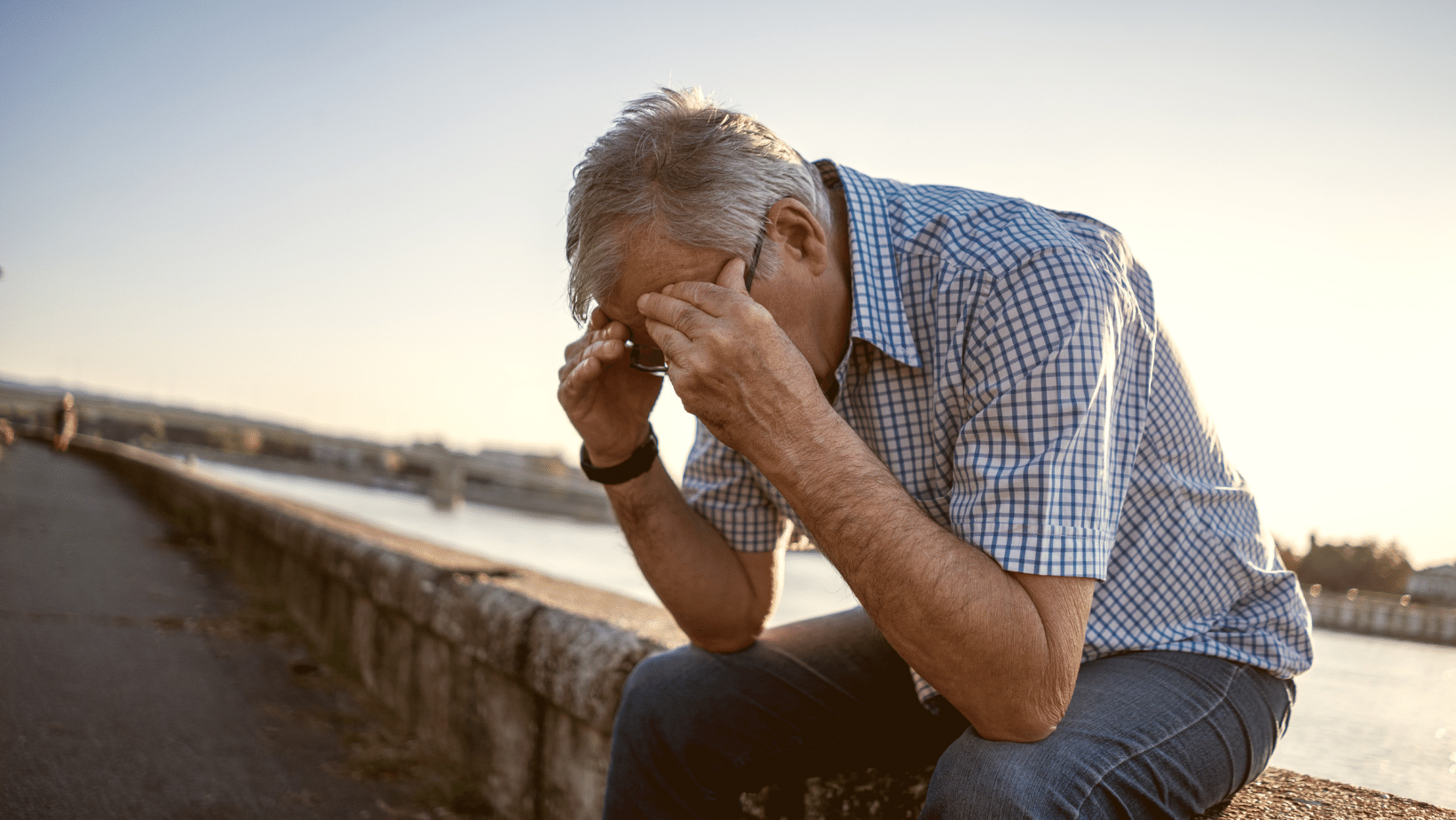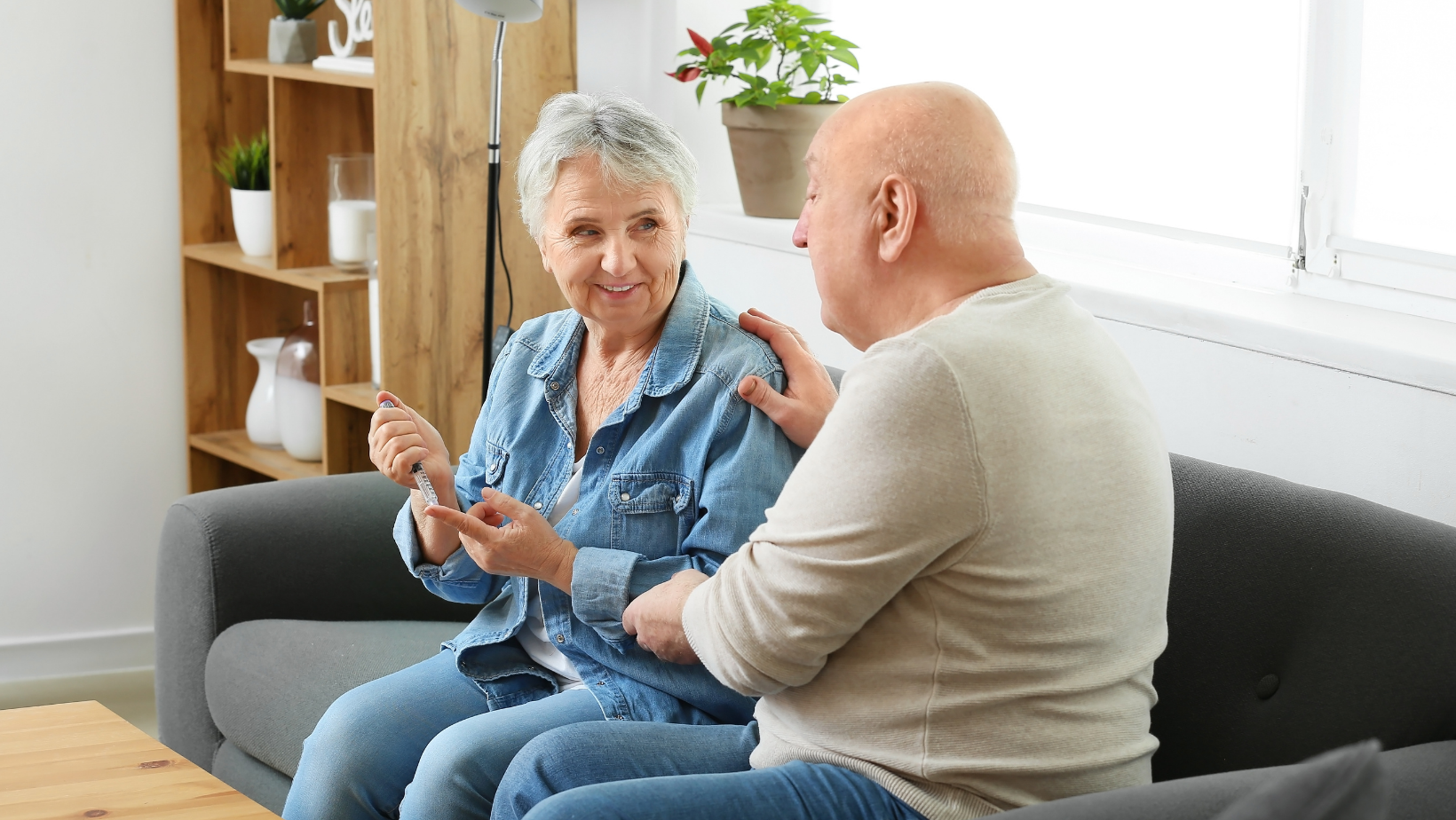The negative effects of diabetes-related stigma – and what we can all do to change it
More than 4 in 5 people with diabetes have experienced stigma. Let’s change that.
Those with diabetes face numerous challenges a day – from self-management of symptoms and care, to navigating the healthcare system, to trawling through an overwhelming amount of information to find what works best for them. But there’s one challenge that has become increasingly clear over the past few years – and that’s diabetes-related stigma.

According to Diabetes Australia, diabetes-related stigma is a negative social judgement based on an aspect of diabetes or its management that may lead to perceived or experienced exclusion, rejection, blame, stereotyping and/or status loss.
Largely, diabetes-related stigma is tied to the association of diabetes with obesity and poor lifestyle habits. This can lead to the condition being framed as a matter of personal choice or responsibility, rather than acknowledging the complex environmental, biological and genetic factors which are at play.
More than 4 in 5 people with diabetes have experienced stigma, and almost half of all those with diabetes have faced mental health challenges in the last year.
That’s why National Diabetes Week focused on diabetes-related stigma with the #HeadsUpCampaign – starting essential conversations on diabetes and mental health which SHARE is continuing year-round with participants, staff, Instructors and the community.

Diabetes-related stigma can occur when people are:
- Blamed for having diabetes
- Shamed for taking medication or injecting insulin
- Judged for what they eat, or their lifestyle in general
Diabetes Australia reports that the 5 most common impacts of facing diabetes-related stigma includes:
- feelings of failure, guilt, shame or self-blame
- feeling embarrassed or self-conscious when refusing unhealthy foods socially, or when injecting insulin or self-monitoring blood glucose in public
- worry about being treated differently
- worry about loss of relationships/changed relationships
- concern about job security or prospects if employers and/or colleagues become aware of their condition.
This inevitably has serious psychological, behavioural and physical consequences for those with diabetes, leading to depression, anxiety, social isolation, poorer symptom management, increased stress and fear around diabetes.

Remember that you are not alone and there is help available.
You know your body better than anyone – and, with the help of supportive healthcare professionals, you know how to best manage your condition. If you are experiencing unsolicited advice which makes you feel guilty or shamed, try to practice assertive responses such as “I’m looking after my diabetes in the best way for me.”
You could also try expressing how you feel when stigmatising events happen, to guide your family or friends towards being more helpful and supportive. If this feels difficult, encourage them to research diabetes to gain a better understanding – great information is available on the Diabetes Australia website.
Make sure your healthcare team is supportive and aligns with your emotional needs, as well as your physical needs. There are also a variety of online communities and support groups which can help connect you with others experiencing the same challenges.
Above all, remember that your mental health and physical health is the number 1 priority. If you feel you have to hide your condition, or delay medications or injections, or are experiencing psychological distress, please reach out for assistance and support.
At SHARE, our classes and programs are delivered by a compassionate and considerate team of professionals who aim to create welcoming environments for all. It is our goal to create safe, non-judgemental places for exercise and healthy living. If you would like to learn more about our welcoming classes and programs, please get in touch with us on 8580 0628 or email us on info@share.org.au.
For media and spokesperson enquiries, or questions and suggestions for healthy living content, please email media@share.org.au
